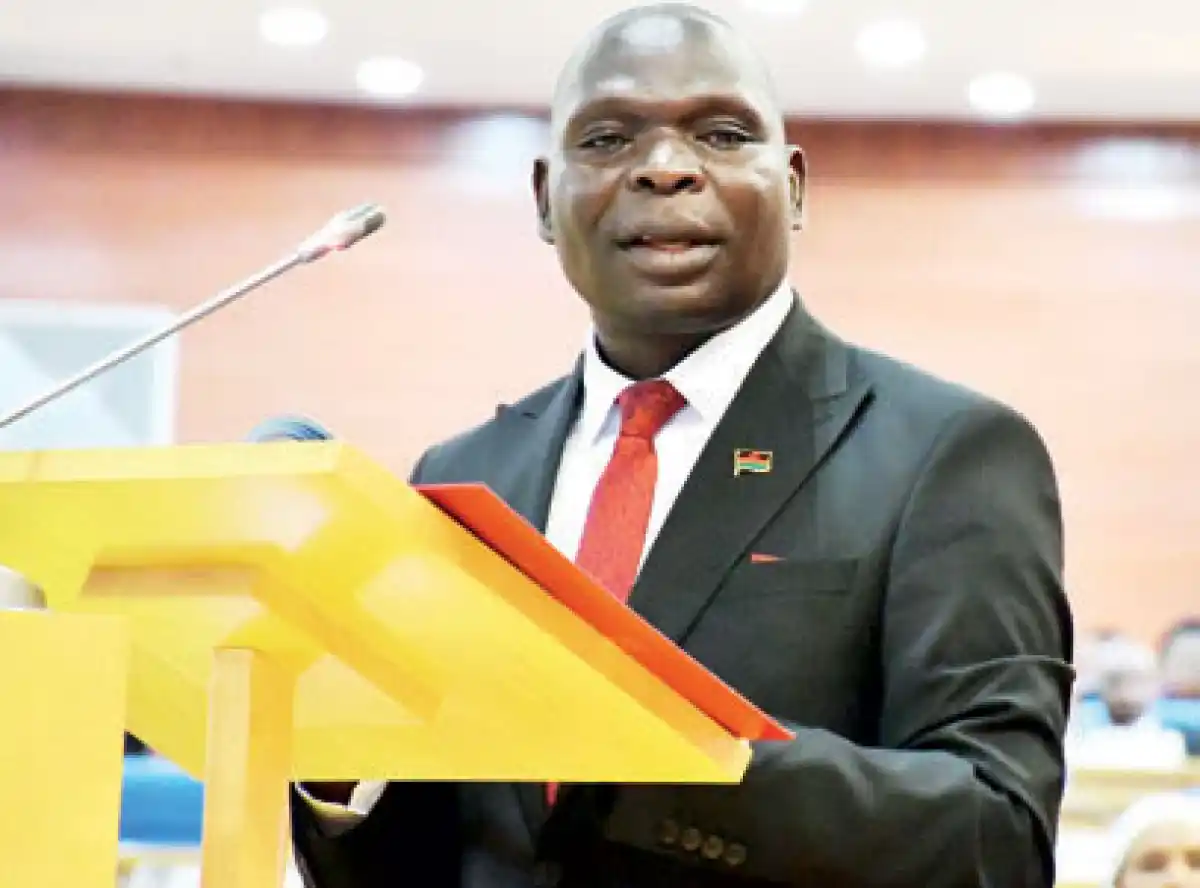
Finance Minister Simplex Chithyola Banda yesterday hailed the impact of the four-year $175 million Extended Credit Facility (ECF) programme with the International Monetary Fund (IMF).
It was granted in November last year.
In his mid-year budget review statement presented to Parliament on Wednesday, Chithyola Banda said the ECF programme had unlocked foreign support from development partners, which has consequently assisted in boosting economic activities.
According to Chithyola Banda, the development partners include the World Bank, the European Union, the German government and African Development Bank (AfDB).
He observed that the World Bank’s First Growth and Resilience Development Policy Operation, amounting to $80 million, was disbursed to the government following the achievement of crucial PFM policy reforms.
“Additionally, the government, with support from the World Bank, has developed a new $80 million Fiscal Governance Programme for Results, which has built on the objectives of the recently launched PFM Strategy. So far, $18.75 million has been received.
“The European Union is providing Euro 55 million as budget support, of which Euro 20 million will be disbursed this financial year. The German government is providing Euro 17.3 million while the African Development Bank is providing $23 million direct budgetary support,” Chithyola Banda said.
Since May 2023, when the IMF team visited Malawi for the first review of the programme, the mission team has yet to return to conclude the mission.
Challenges with the programme include delays by the authorities to seal debt restructuring deals with lenders.
But in his statement, Chithyola Banda said remarkable progress had been registered in the debt restructuring process.
He noted that official agreements on the specific restructuring terms had already been reached with some of our major bilateral creditors, including China.
According to Chithyola Banda, in order to contain debt to sustainable levels in the short term and medium term, the government would enhance its efforts to mobilise domestic resources to finance the budget.
This will reduce the need for borrowing to fill the budget financing gap, he said.
In addition, the government would ensure thorough implementation of the Debt Management Strategy, which he said would minimise cost and risk of public debt.
IMF Resident Representative for Malawi Nelnam Koumtingue, who was available at Parliament Building yesterday, did not comment.
Commenting on the mid-year budget review statement, Bankers Association of Malawi (Bam) said it looked forward to more engagement with the Finance Minister in order to obtain clarity regarding Malawi’s debt restructuring situation.
Bam President Philip Madinga said while the bankers appreciated efforts by the government to negotiate debt repayments with bilateral creditors, details were not coming clearly, especially on how the overall debt overhang would be resolved.
He observed that the current pace of debt restructuring was not consistent with the need to speedily resolve Malawi’s debt burden.
“Fast-tracking the debt restructuring process should help free up the fiscal space and give the government much needed momentum and leverage to achieve fiscal stability, find resources to finance short-to-medium critical development expenditure and stabilise the supply of critical imports such as fuel.
“Lack of fiscal space will mean that prevailing supply-side constraints would continue to manifest. This will affect the private sector and negatively decimate production, especially in agriculture,” he said.
According to Madinga, Bam also expects the government to stay focused on implementation of reforms designed to contribute to economic recovery under the Agriculture, Tourism and Mining Strategy.








0 Comments